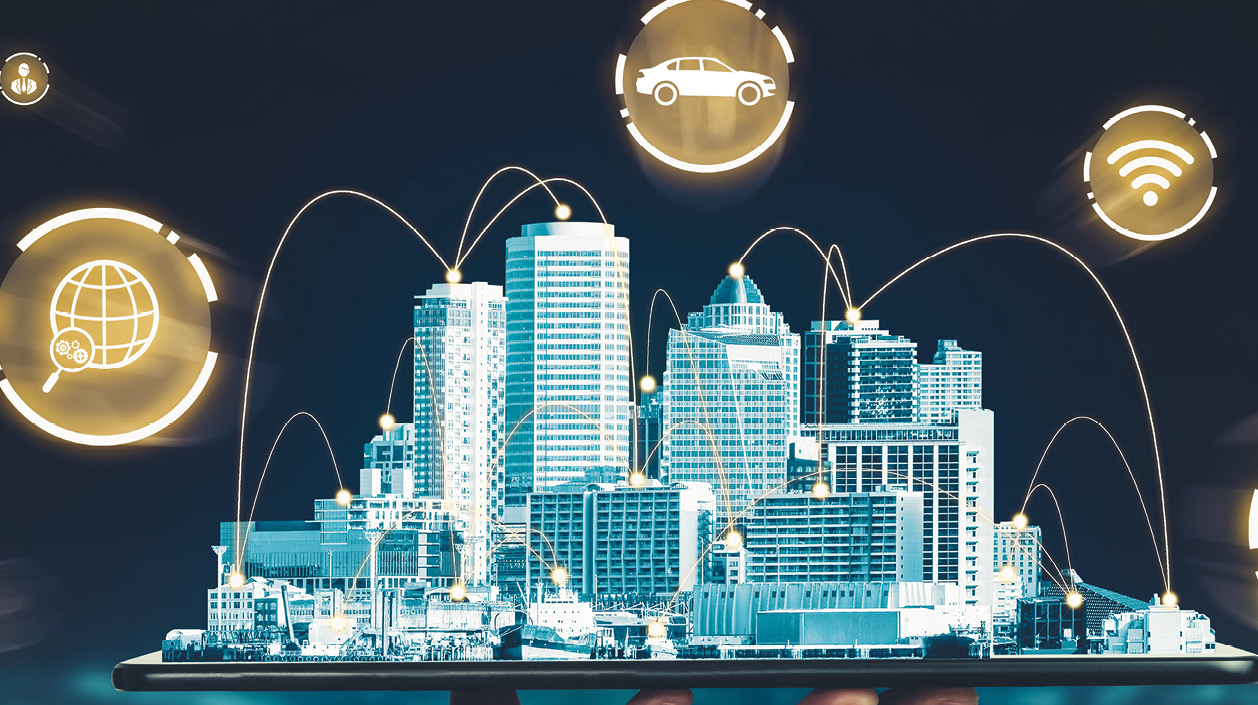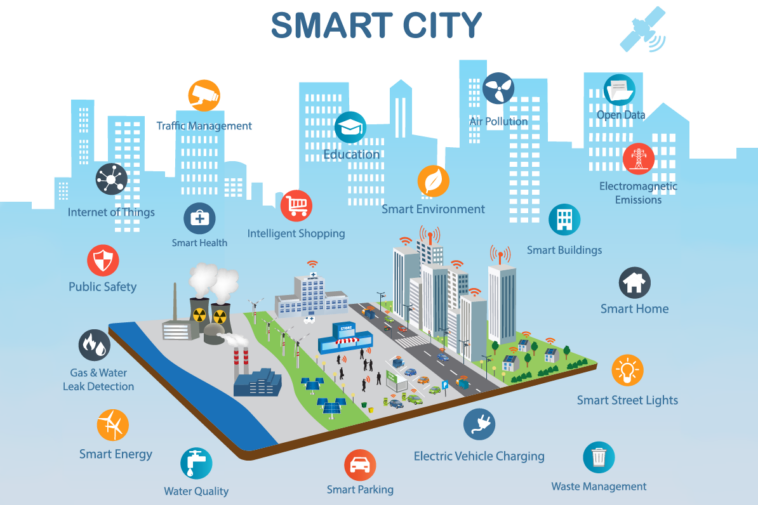We’re living in a digital world – and it’s only going to get smarter. 5G technology is the key to unlocking the potential of smart cities, transforming our urban landscapes with ultra-high speed wireless internet, seamless connectivity, and access to a wealth of data. As 5G technology continues to evolve and spread, it will enable cities to become smarter, more efficient, and more connected than ever before. In this article, we’ll explore how 5G will enable smart cities to become a reality – and what that means for the future of urban living.
What is 5G and What Does it Mean for Smart Cities?

5G is the fifth generation of cellular network technology, and its capabilities make it perfect for powering our smart cities of the future. This new technology can deliver speeds up to 100 times faster than 4G, with near-zero latency and improved reliability. This means that 5G can be used to transfer huge amounts of data quickly and reliably, making it ideal for powering the internet of things (IoT) devices that will make up the backbone of smart cities. 5G will allow us to create cities that are more connected, efficient, and responsive to the needs of their citizens. Smart technology such as self-driving cars, real-time traffic monitoring, automated energy management systems, and intelligent public health systems will be possible with the help of 5G networks. In addition, 5G will also enable more advanced public services such as virtual reality and augmented reality services, as well as improved public safety and emergency response systems. All in all, 5G is the key to making smart cities a reality.
The Impact of 5G on Smart City Development

The impact of 5G on smart city development is truly revolutionary. 5G technology is enabling cities to become smarter and more efficient in a variety of ways. From sensors that monitor traffic and air quality, to connected devices that provide real-time data, 5G is helping cities become more responsive to the needs of their citizens. With 5G, cities can also offer better services such as improved public transportation and access to high-speed internet. Not only will this improve citizens’ lives, but it will also help reduce pollution and make cities more sustainable. By harnessing the power of 5G, cities can become smarter, greener, and more efficient.
Exploring the Benefits of 5G for Smart City Initiatives

5G will enable smart cities to become a reality by providing unprecedented connection speeds, reliability, and levels of communication. With 5G, cities will be able to handle massive amounts of data quickly and efficiently, allowing for faster decision-making and a greater ability to respond to changes in the environment. Additionally, the low latency of 5G networks will allow for real-time monitoring of traffic, energy use, and other aspects of city life. This will enable cities to become more efficient, sustainable, and resilient. It will also open up new opportunities for innovation and collaboration in the fields of public safety, healthcare, transportation, and public services. 5G will be the foundation for smart cities of the future, allowing for better quality of life for citizens and improved services for businesses.
How 5G will Power Smart City Applications

5G is the key to making smart cities a reality. With its blazingly fast internet speeds and low latency, 5G can enable a host of smart city applications, such as connected vehicles, intelligent traffic control, and smart lighting. 5G can also enable high-definition video streaming, telemedicine, and remote robotic control, all of which will be necessary for a smart city to function. With 5G, cities will be able to harness the power of the Internet of Things (IoT) and use data to improve public services and make our cities smarter, safer, and more efficient. 5G is sure to revolutionize the way we live, work, and play in our cities, and will be a key factor in making smart cities a reality.
Challenges to Overcome in the Adoption of 5G for Smart Cities

The development of 5G is a key part of making smart cities a reality. 5G has the potential to revolutionize the way cities are managed and create a more efficient, connected and sustainable environment. However, there are some challenges to overcome before 5G can truly be adopted for smart cities. One of the biggest challenges is the cost of infrastructure and technology. 5G requires a whole new set of hardware and software, which can be costly to install and maintain. Additionally, 5G infrastructure is often complex and requires extensive planning and expertise to get it up and running. Finally, there are regulatory issues surrounding the rollout of 5G, as many governments have yet to come up with clear laws and guidelines for the technology. Despite these challenges, 5G promises to be a huge driver of smart cities and the benefits of increased efficiency, connectivity and sustainability are too good to ignore. With the right resources and collaboration between governments, businesses and citizens, the adoption of 5G for smart cities is set to become a reality.





GIPHY App Key not set. Please check settings